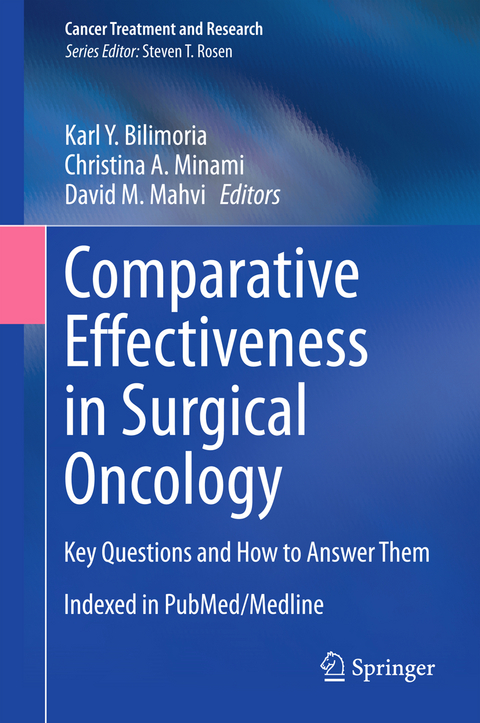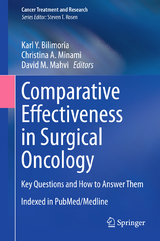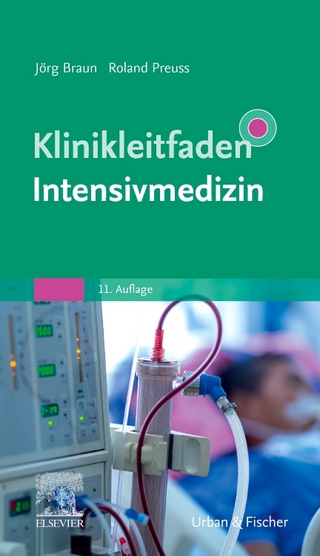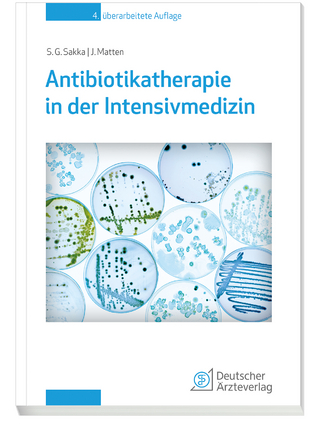Comparative Effectiveness in Surgical Oncology
Springer International Publishing (Verlag)
978-3-319-12552-7 (ISBN)
Approaches to Answering Critical CER Questions.- Leveraging Comparative Effectiveness Research to Improve the Quality of Multidisciplinary Care for Breast Cancer Patients.- Comparative Effectiveness in Melanoma.- Comparative Effectiveness Research for Sarcoma.- Comparative Effectiveness in Thyroid Cancer.- Comparative Effectiveness in Head and Neck Malignancies.- Comparative Effectiveness Issues in Lung Cancer.- Comparative Effectiveness in Esophagogastric Cancer.- Comparative Effectiveness in Colon and Rectal Cancer.- Research Gaps in Pancreatic Cancer Research and Comparative Effectiveness Research Methodologies.- Comparative Effectiveness in Surgical Oncology: Hepatic Malignancies.- Comparative Effectiveness Research in Urologic Cancers.- Comparative Effectiveness Research in Gynecologic Oncology.
"The book applies the concepts of Comparative Effectiveness Research (CER) to a long list of malignancies and asks how the key questions associated with each have been addressed or could be addressed using this methodology. ... The audience is surgical oncologists, and within that specialized field, the book will appeal primarily to researchers and academic surgeons. ... This is a highly specialized monograph that will appeal to researchers in the surgical oncology and their trainees seeking ideas for research." (Carol Scott-Conner, Doody's Book Reviews, April, 2016)
| Erscheint lt. Verlag | 19.3.2015 |
|---|---|
| Reihe/Serie | Cancer Treatment and Research |
| Zusatzinfo | XV, 259 p. 14 illus., 6 illus. in color. |
| Verlagsort | Cham |
| Sprache | englisch |
| Maße | 155 x 235 mm |
| Gewicht | 578 g |
| Themenwelt | Medizin / Pharmazie ► Medizinische Fachgebiete ► Chirurgie |
| Medizin / Pharmazie ► Medizinische Fachgebiete ► Onkologie | |
| Schlagworte | Cancer • Cancer Treatment • Comparative Effectiveness Research • Outcomes Research • surgical oncology |
| ISBN-10 | 3-319-12552-4 / 3319125524 |
| ISBN-13 | 978-3-319-12552-7 / 9783319125527 |
| Zustand | Neuware |
| Haben Sie eine Frage zum Produkt? |
aus dem Bereich




